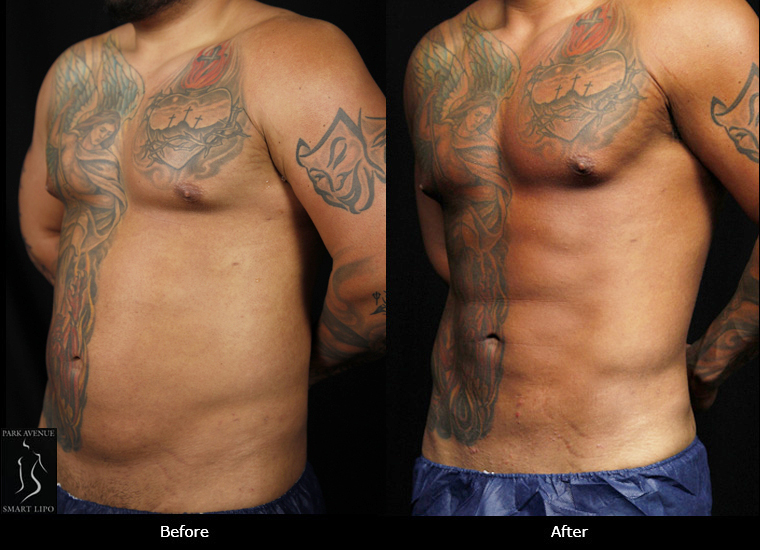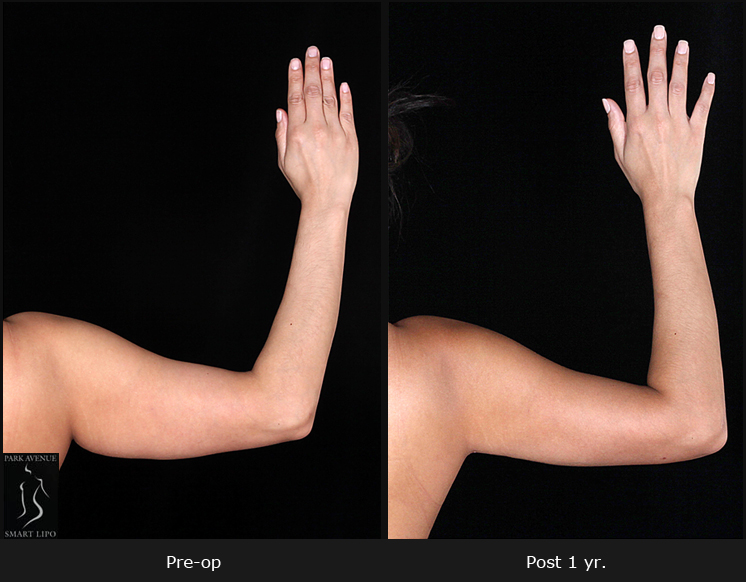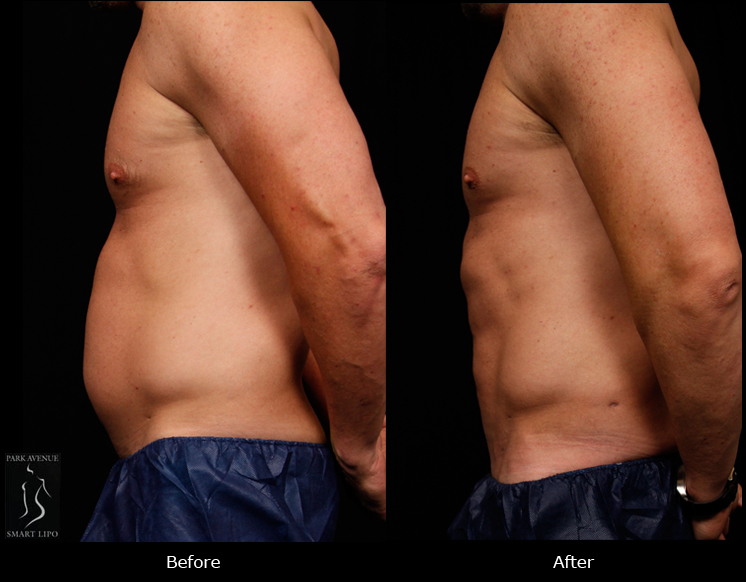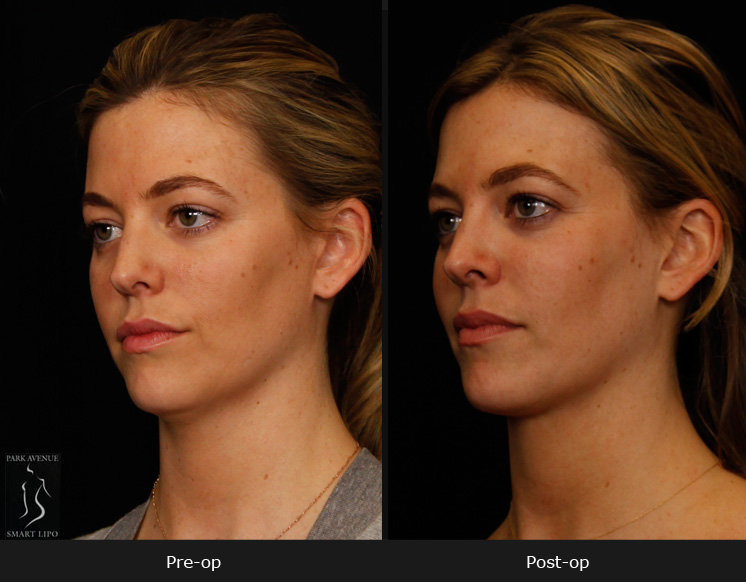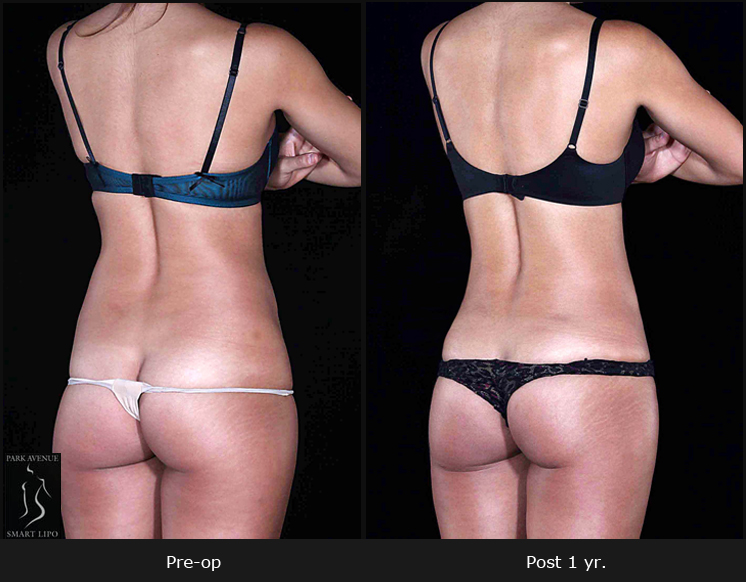Men and women looking to have cosmetic surgery in New York City can choose from many options. Liposuction is one of the most frequently performed plastic surgeries in the US. It is the gold standard for effectively removing excess fat from various areas of body. It helps you achieve a trimmer, attractive physique by getting rid of unwanted fat that persists despite following a healthy diet and exercise regimen.
Though liposuction is safe, complications can occur. Having the procedure performed by an expert can reduce risk of complications. On their part, patients can minimize their risks by diligently following their plastic surgeon’s aftercare instructions. Here’s some guidance on things you shouldn’t do during the post-liposuction period:
- Remain inactive: Though you should get proper rest after liposuction, it doesn’t mean you should stay stationary. Being inactive after liposuction poses a higher risk of developing blood clots. Light walking is recommended to promote good blood flow and prevent blood clots from developing. “The major concern during post-op period of liposuction is pulmonary embolism (PE) which is when a blood clot travels to the lungs and causes a blockage”, notes an INSIDER article. According to a study published in Plastic and Reconstructive Surgery – Global Open in 2017, PE is responsible for about 23% of deaths after liposuction.
- Not drinking enough water: You might be losing fluid from your wound and it is important to replace these fluids. So don’t avoid getting dehydrated – drink lots water and healthy fluids. Staying hydrated will also reduce your risk of excessive swelling post-op. Moreover, frequent hydration helps control hunger, preserves a healthy metabolism, and helps digestion.
- Not keeping an eye on the medications you taking: Do not take any medications without your surgeon’s approval, especially blood-thinning medications, herbal medications and supplements. Such medications can interact with anesthesia and cause complications. You can take the pain medications prescribed by your surgeon to ease any pain or discomfort after the procedure.
- Not wearing the compression garment: Following liposuction, the surgeon will usually recommend that a compression garment be worn once the bandages in the incision areas have been removed. The apparel will support the tissues, improve drainage and ease discomfort, promoting faster recovery. Make sure that you wear the compression garment for the time recommended by your surgeon. This will help reduce bleeding and swelling. Some of the other benefits of using an elastic compression garment after liposuction are:
- Limits the buildup of edema – the watery fluid that can collect in the cavities or tissues of the body. Wearing the garment during the initial recovery phase will help address this concern quicker
- Reduces swelling and bruising that may be caused by walking following liposuction of the lower extremities
- Helps in the retraction and shrinking of loose skin left behind after liposuction
- Promotes fluid drainage and resorption
- Supports contour
- Performing vigorous exercise: While it is important to move around after surgery, you should avoid vigorous activity. Follow your surgeon’s advice regarding exercise. Patients are instructed to refrain from lifting heavy weights and vigorous physical exercises for at least three to four weeks following the surgery to ensure smooth recovery. The best way is to resume your activities slowly, starting with low intensity, lower body exercises.
- Swimming: Avoid swimming or taking a shower during the full duration of your recovery. Soaking the treated area(s) can increase the risk of infection and slow down the body’s healing processes. Keeping your incisions dry and clean is critical to reduce the risk of infection.
- Unhealthy eating: After liposuction, eat a balanced diet and limit consumption of salts, sugars, and saturated fats. Maintaining a healthy diet will support faster tissue healing and quicker recovery. Experts recommend a protein-rich diet. Increase intake of lean proteins in the diet such as seafood, skinless chicken breast, dry beans, peas, nuts, eggs, and seeds. As high salt intake can interfere with blood flow and impair the healing process, stick to a low sodium diet during the initial recovery period.
Generally, the final results of your liposuction treatment will become visible within six months after the procedure or after the body has completely healed, though this could vary depending on individual considerations. Be sure to follow all of your surgeon’s instructions for a smooth, speedy recovery and optimal results.
If you’re considering liposuction in New York City, consult an experienced plastic surgeon in an established AAAASF-accredited plastic surgery practice. Apart from effective liposuction procedures to zap excess body fat, reliable practices also offer weight management programs to help their patients maintain their results.

